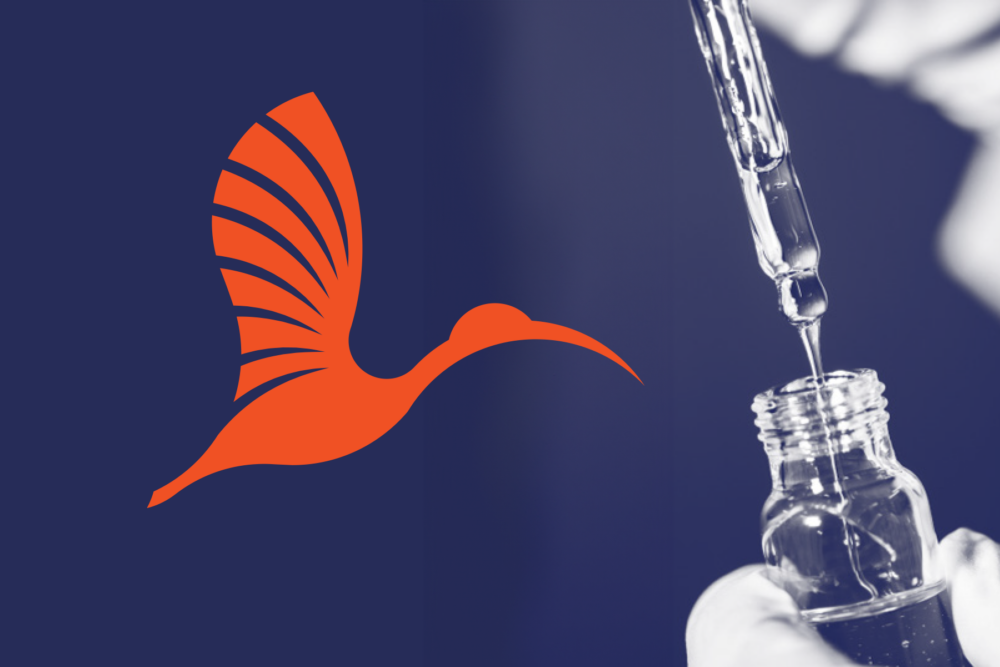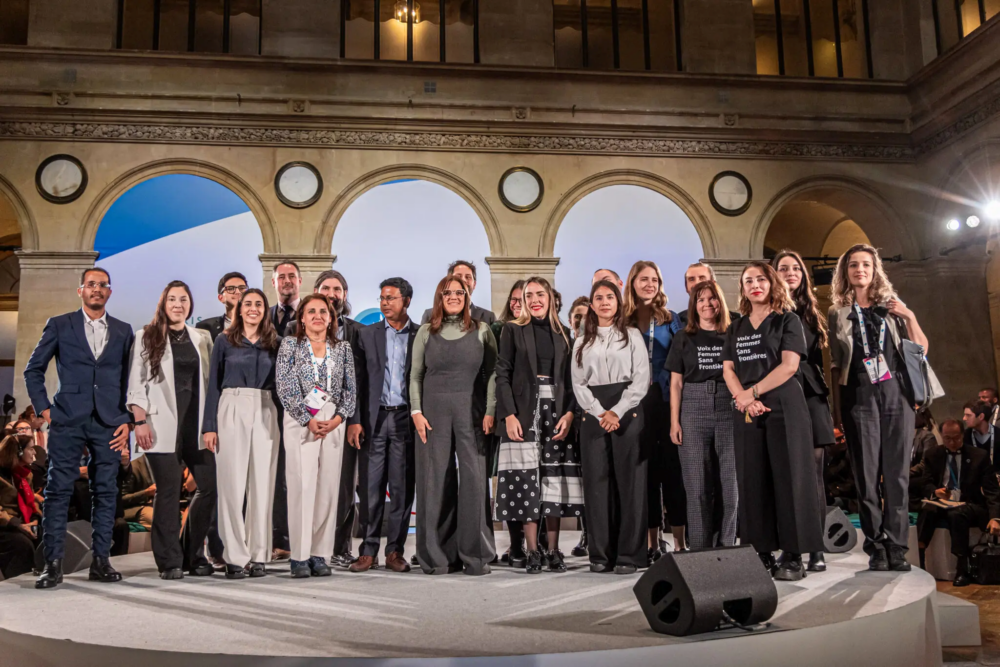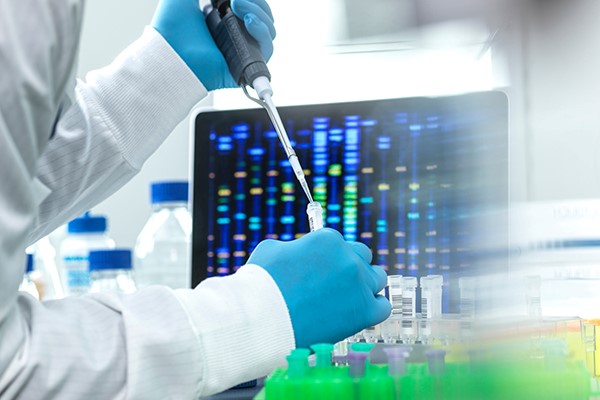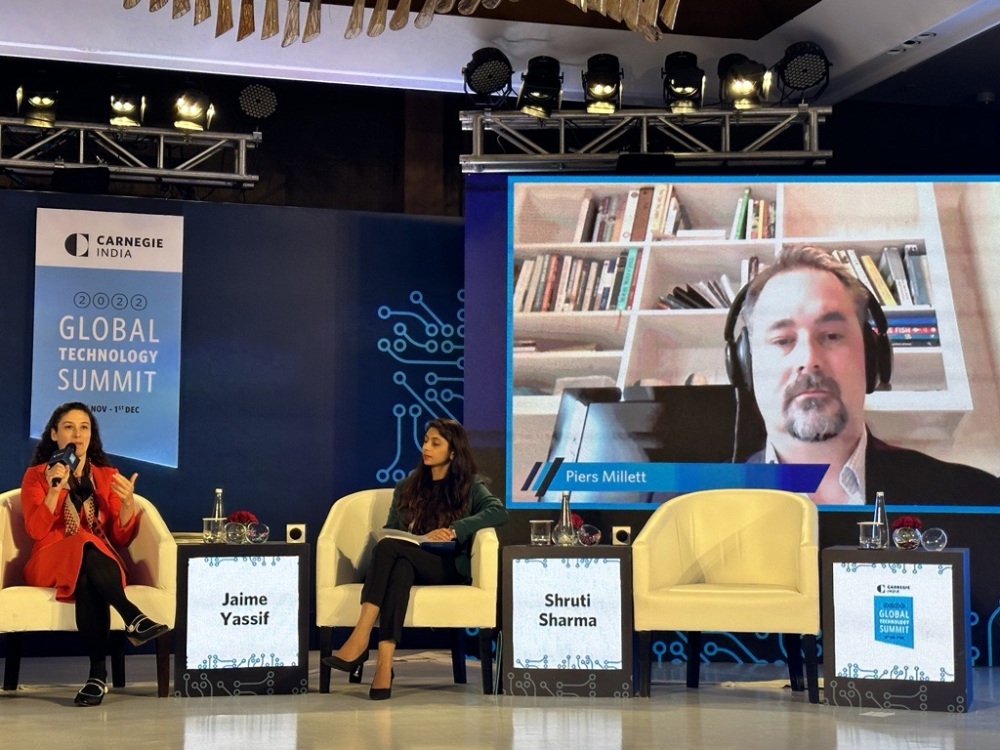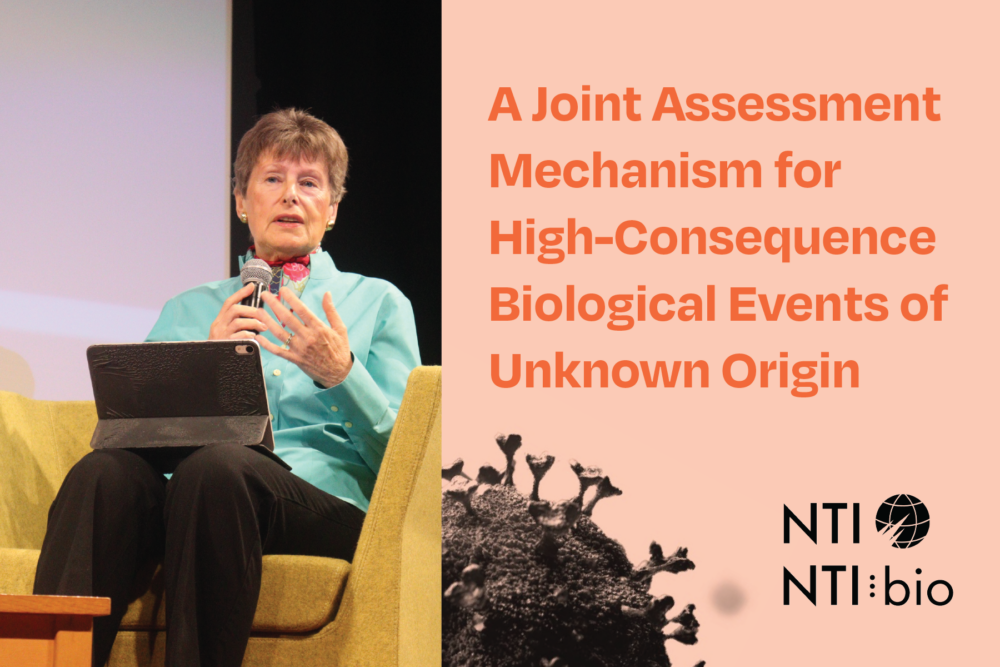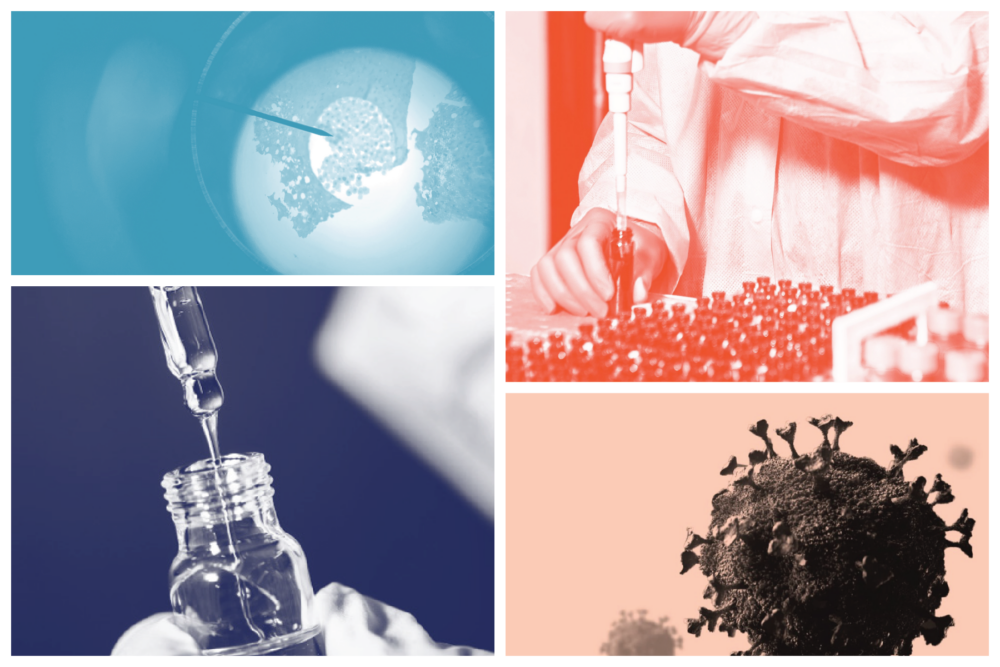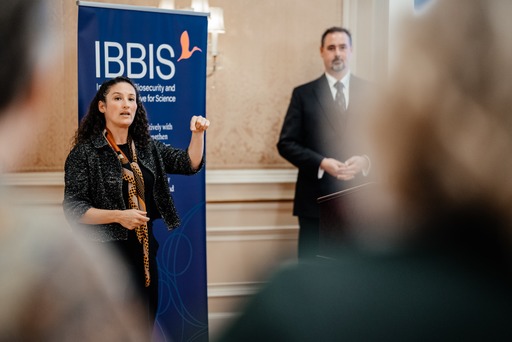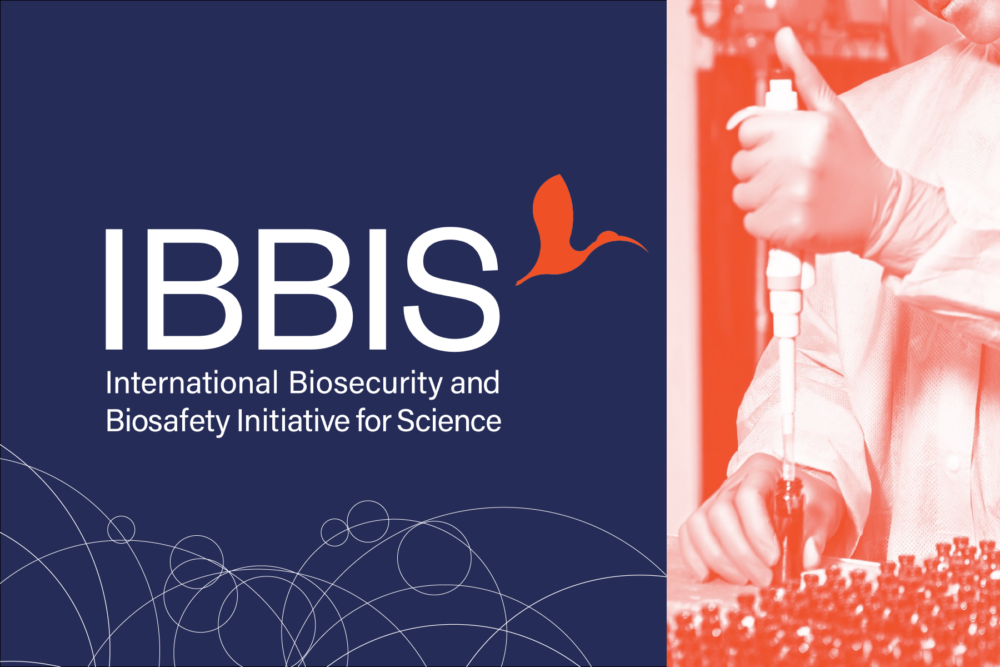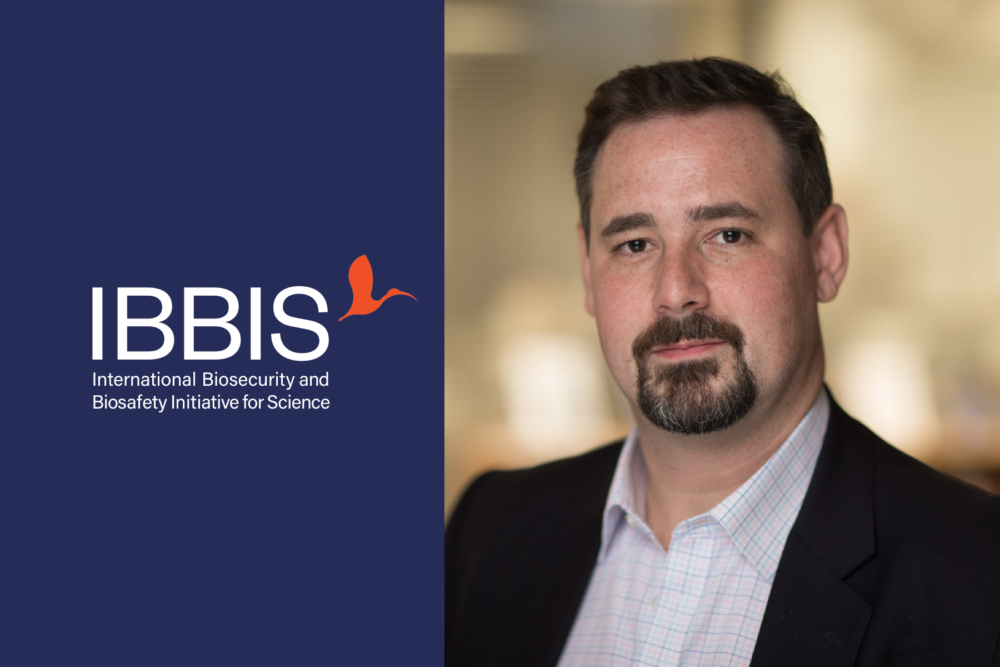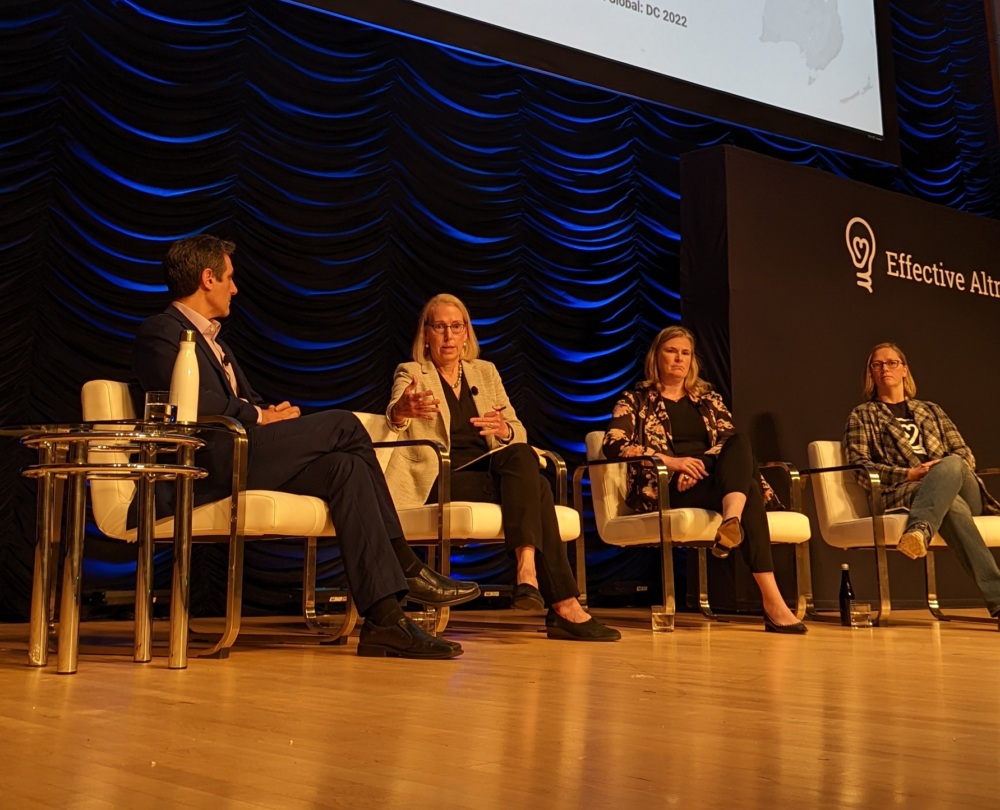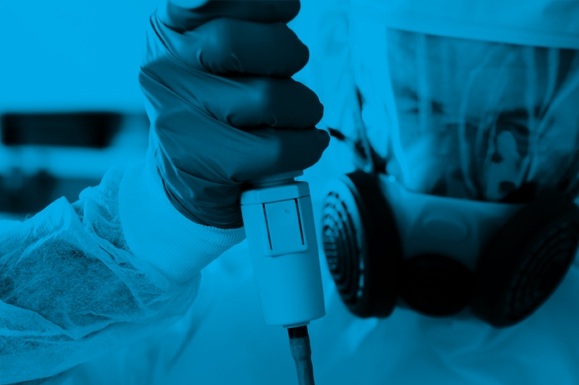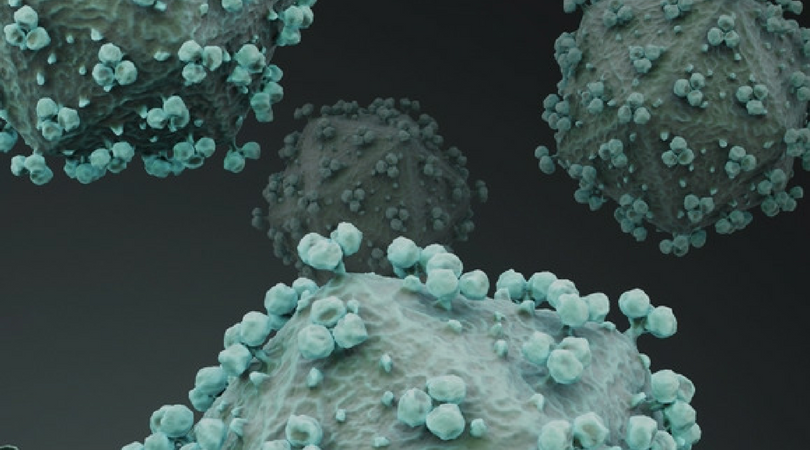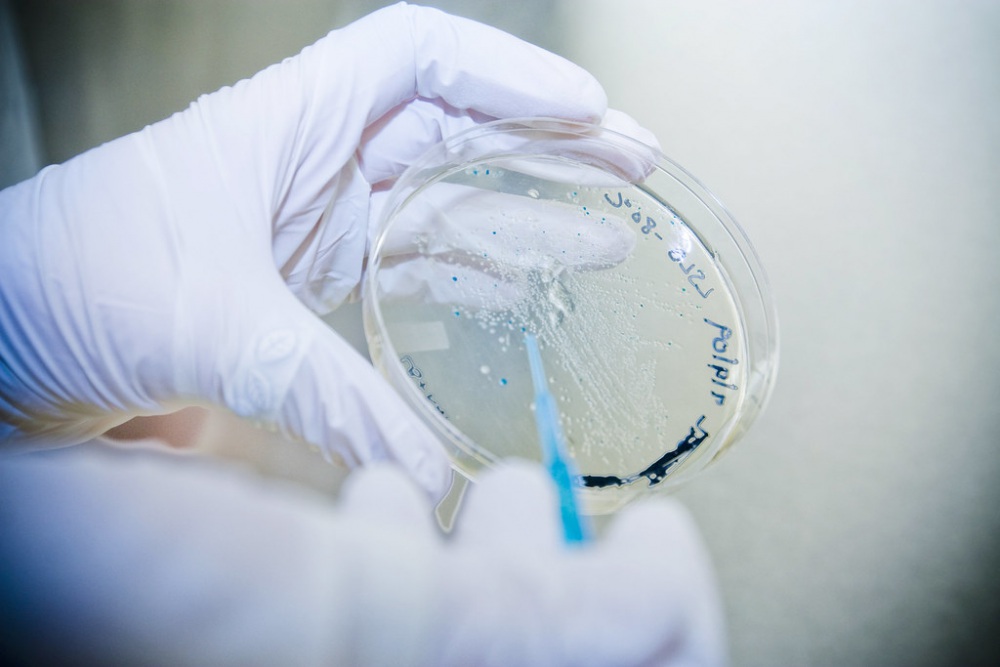
Piers Millett, Ph.D.
Executive Director, International Biosecurity & Biosafety Initiative for Science (IBBIS)
Rapid advances in bioscience offer great promise but can increase risks of accidental or deliberate misuse, with potentially catastrophic consequences. Governments have not been able to provide adequate oversight.
Establish an independent organization dedicated to strengthening global biosecurity norms and developing innovative tools and incentives to uphold them.
Continued progress in developing stronger biosecurity norms and practical tools that reduce the risk of accidental misuse or deliberate abuse of modern bioscience and biotechnology.
Bioscience and biotechnology advances are vital for fighting disease, protecting the environment, and promoting economic development. However, these same innovations can also pose unique challenges—increasing the risks of accidental misuse or deliberate abuse with potentially catastrophic consequences.
These underlying risks are not new, but they have been exacerbated by COVID-19, which has led to the proliferation of research into pathogens with pandemic potential and the establishment of new high-containment labs around the world to house this work. While this research can have significant value, some of it poses dual-use risks. COVID-19 also has demonstrated that biological events have the potential to cause severe human and economic loss on a global scale, which could inspire malevolent actors to exploit pathogens and biotechnology to cause harm. This threat is of growing concern as the technical barriers to manipulating biological organisms continue to fall.
Governments are key to safeguarding the life sciences, but they have struggled to keep pace with rapid technology advances. According to the Global Health Security Index, 94% of countries have no national-level oversight measures for dual-use research, no agency responsible for such oversight, and no evidence of national assessment of dual-use research. At the same time, no international entity has dedicated its primary mission to strengthening biosecurity and bioscience governance.
To address these gaps, NTI is working with international stakeholders to establish the International Biosecurity and Biosafety Initiative for Science (IBBIS), an independent organization dedicated to reducing emerging biological risks associated with technology advances. A core element of the IBBIS mission will be to strengthen international biosecurity norms and develop innovative, practical tools and incentives to uphold them.
IBBIS has a broadly defined mission, but initially it will focus on preventing the misuse of DNA synthesis technology—with the understanding that it will expand its remit over time.
IBBIS will collaborate with stakeholders across the global bioscience and biotechnology enterprise including academia, industry, the public health community, governments and philanthropy. These activities will complement the important work of the World Health Organization, the United Nations Office of Disarmament Affairs, and other national, regional, and international organizations.
NTI’s work to establish IBBIS is rooted in the vision of a world in which bioscience and biotechnology flourish, with safeguards against deliberate or accidental misuse with potentially catastrophic consequences.
To realize this vision, NTI | bio has:
NTI plans to launch IBBIS and the international Common Mechanism for DNA synthesis screening later this year.
This project emerged from NTI’s Biosecurity Innovation and Risk Reduction Initiative (BIRRI).
IBBIS, an independent organization to be headquartered in Geneva, provides tools that will allow technological innovation to flourish, safely and responsibly.
The Nuclear Threat Initiative will be on the ground next week at the 2024 Munich Security Conference (MSC). Learn about all of NTI’s activities and official side events at MSC.
Past Event
Literaturhaus München Saal Conference Room Salvatorplatz 1 Munich, Germany
|
15:30 - 17:00 GMT+1
IBBIS was selected as one of 10 initiatives to receive support from the Paris Peace Forum community to accelerate its efforts to strengthen biosecurity norms and reduce risks associated with advances in technology.
In an editorial for Science Magazine, IBBIS Executive Director Piers Millett, argues for greater safeguards to protect the dangerous pathogens kept in labs around the world.
At this year's Munich Security Conference, NTI is hosting two official side events: one about the importance of global nuclear “fail-safe” measures and one about preventing bioweapons and catastrophic accidents.
In a new opinion piece for The Economist, Jaime Yassif makes the case for urgent action to create stronger guardrails for bioscience and biotechnology.
NTI | bio experts contributed to the 9th Biological Weapons Convention Review Conference in Geneva.
NTI | bio partnered with Carnegie India as a "knowledge partner" for the 2022 Global Technology Summit and led two sessions on global biosecurity and biosafety.
Past Event
Palais des Nations, Room XXIII, Geneva
|
8:45 am - 9:45 am CET
Past Event
Benelux-Londres Room at the InterContinental Genève, 7-9 Chemin du Petit Saconnex, 1209 Geneva, Switzerland
|
7:30 am - 9:30 am CET
NTI experts briefed government representatives at a G7 working group meeting in Berlin.
Past Event
Salon Gontard Room, Regent Berlin Hotel, Charlottenstrasse Street 49
|
17:30 - 19:00 CEST
NTI announces Dr. Piers Millett as the founding executive director of IBBIS, a new global biosecurity organization.
NTI's Joan Rohlfing and Jaime Yassif discussed how we can address catastrophic nuclear and biological threats imperiling humanity.
In a new article for the CTC Sentinel, NTI | bio Vice President Jaime Yassif explains how advances in bioscience and biotechnology are accompanied by emerging biological risks and cites the need for action to safeguard the life sciences to prevent biotechnology catastrophe.
In a new perspective penned for Science and Diplomacy, NTI | bio’s Margaret Hamburg, Jaime Yassif, Hayley Severance and former NTI David A. Hamburg Distinguished Fellow R. Alta Charo highlight the increasing risks of accidental or deliberate misuse of modern bioscience and biotechnology, and propose the establishment of a new organization.
Testimony of Jaime M. Yassif, Ph.D. before the U.S. House Foreign Affairs Subcommittee on Asia, the Pacific, Central Asia, and Nonproliferation. Hearing on “Biosecurity for the Future: Strengthening Deterrence and Detection.” Wednesday, December 8, 2021.
An interdisciplinary group of international leaders and experts came together virtually on May 21 to advance the mission and scope of a prospective global entity
Biotechnology research is essential for reducing pandemic threats and supporting the broader global health and development agendas
